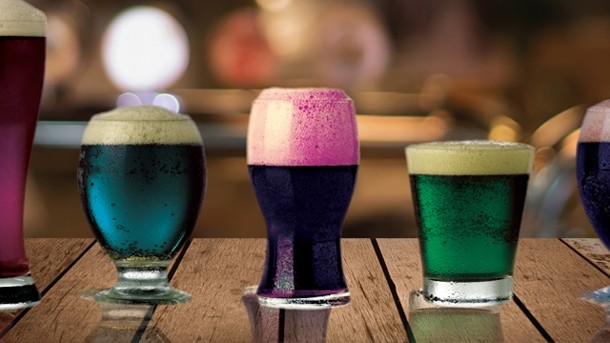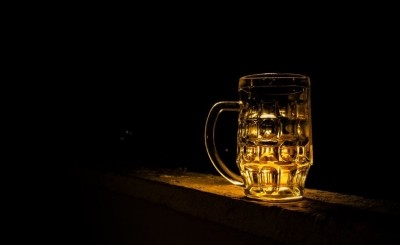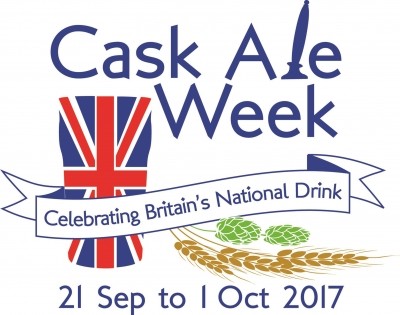Cask ale: the right attitude

Ensuring something remains relevant for the future inevitably means evolving it, and cask ale is no different. It needs to change.
£8
The amount by which Enterprise is reducing the price paid for a cask over four months, which it is claimed will hinder the growth of cask and potentially discourage smaller breweries from ever entering the category.
But, as beer sommellier and writer Sophie Atherton explains, it’s the “attitude” of consumers, pubs and brewers that need to change most of all.
She rightly points out: “The beer world has changed so much over the past 10 years, but the way we treat cask doesn’t seem to have caught up.”
So, what sorts of beers should pubs consider stocking to adapt to trends?
Quality of beer vigilance
Christian Townsley, director and co-founder at North Brewing Co and growing hospitality group North Bar, which has seven venues in and around Leeds, says: “Craft beer pubs and bars would do well to stock some really well-made traditional styles of cask beer, such as brown ales, bitters and milds. Conversely, the more traditional venues would benefit from throwing the odd DIPA (double IPA) in there, or a barrel-aged imperial stout.”
Over at Craft Beer Co, managing director and co-founder Martin Hayes says: “Although niche beers are interesting, I have never heard anyone burst through one of our pub’s doors proclaiming: ‘I hope they have that Rhubarb and Nettle Saison on’. Those beers are interesting and serve social media well, but they come and go.”
In terms of innovation in cask, Brad Cummings the co-founder and director of Tiny Rebel explains: “The growth in the number of breweries in the UK does not necessarily mean there has been equal growth in the number of high-quality breweries”, so pubs still need to stay vigilant about the quality of the beer they accept.
Magic Rock Brewing managing director Richard Burhouse says: “Cask beer is far better suited to balance and nuance than experimentation with strong flavour and ABV.”
However, there is still work to be done to stop pub companies from devaluing the category entirely. Brewers need to stay steadfast and do everything in their power to support the cause for putting good cask ale into pubs.
The future of cask can be secured
“Enterprise’s recent move to reduce the price paid for a cask by £8 over four months will hinder the growth of cask and potentially discourage smaller breweries from ever entering the category,” says Cummings.
But, he insists: “If those of us who are passionate about cask can work together to improve its reputation with brewers, publicans and consumers – then it could see a renaissance.”
Issues should be tackled head-on. People need to stop lamenting about hop shortages and start innovating with a change of attitude and begin talking about cask ale with more verve.
Wye Valley Brewery managing director Vernon Amor says: “The ‘hop shortage’ is only relevant to breweries relying on big, hoppy IPA-style beers that re-quire American hops.” Perhaps we need to think beyond this as an issue.
Atherton agrees, adding: “I’ve heard differing accounts on the supposed hop shortage. Some European varieties were hit by the weather and the popular US varieties have lower yields, so I guess that might have an affect on availability. British hop acreage is up – by a small amount – and new varieties are offering some big flavours, so maybe Brit-hop will be the next big thing for cask.”
The future of cask will also be secure if pubs remember “how well-kept cask can benefit their business”, says Campaign for Real Ale (CAMRA) head of communications Tom Stainer, reiterating how “cask can only be sold in pubs and, therefore, the fate of the pub trade is linked to the fate of cask beer”.







